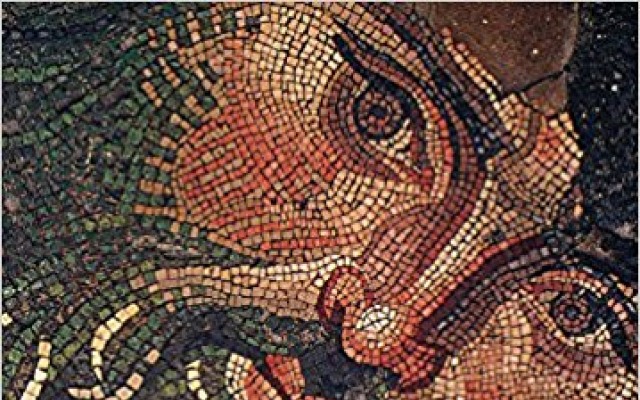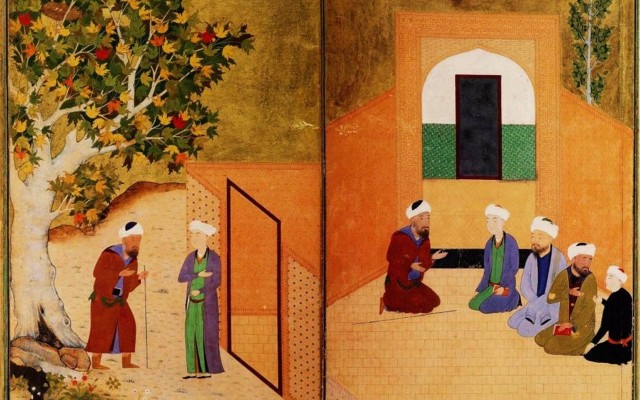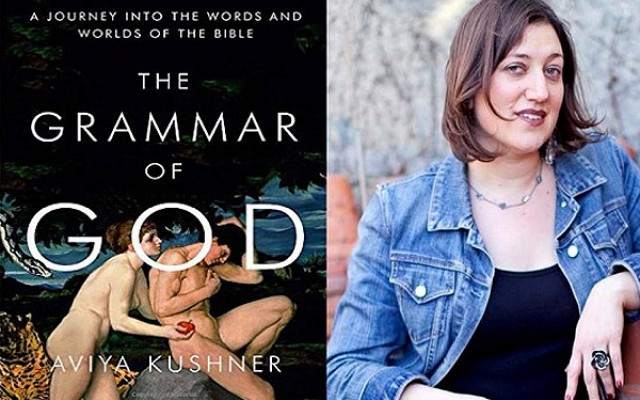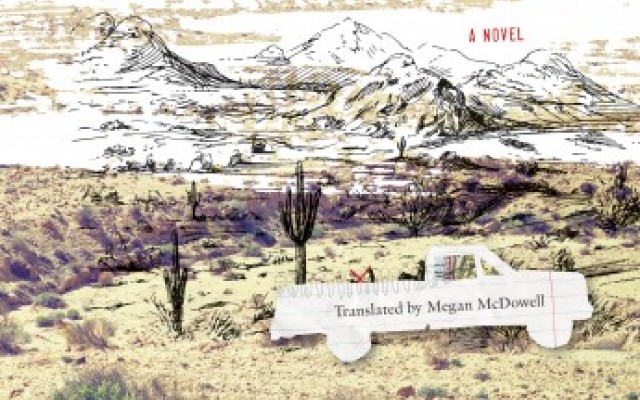The First Banned Book in Sri Lanka
“To sin by silence, when they should protest, makes cowards of men.”
–Ella Wheeler Wilcox
Titled දැති රෝදෙන් උපන් බුදුන් (Cogwheel Buddha), the controversial publication first came out in 1967, later becoming the first banned book in Sri Lanka. It was written by Tennyson Perera, who was 27 years old at the time. Soon after the text came out, Perera was summoned to the Criminal Investigation Department (CID) in Colombo. The reason for his trip to CID was a complaint made by a certain Buddhist association, stating that the writer of the book was decrying the state religion, and was commissioned by a leading communist group to write the book as a part of their “conspiracy” against the then capitalist government.
At the police station, Perera was interrogated on these charges. In an interview with Exchanges, he mentioned that the police couldn’t understand his responses to their questions nor did his artistic project make sense to them, and they finally had to bring in a mediator police officer who was a university graduate. After the interrogation, the police took him to the local bookstores to collect all the copies available for sale, while the copies in his possession were confiscated by the government.
What was so outrageous about Cogwheel Buddha?
The stories in the collection audaciously unravel the misconduct of a range of institutions at the time. Most prominently, they take a peek at the religious, cultural, and legal institutions, and their treatment toward the poverty-stricken working class. While highlighting the abuse of power, Perera also talks about the fate of the defenseless masses and the failures of the so-called “utilitarian" concept of the state from multiple viewpoints.
Perera also observes the effects of Industrialization, technological capitalism, consumerism, and the arrival of the culture of entertainment on the late 1900s Sri Lanka. The issues of self-centered economy, social alienation, losing one’s identity, and spiritual confusion subtly seep into the characters in the stories. The stories also expose the dark depths of industrial feudalism about human exploitation and false cultural values. For these reasons, Cogwheel Buddha is one of the most significant texts in the oeuvre of Sri Lankan literature. The text is a linked short story collection. The stories are linked with each other by an invisible-yet-so-present thread, giving the collection a feel of a novella.
Considering the time and context under which the publication came out, modern critics call Cogwheel Buddha "the most audacious literary rebellion in Sri Lankan literary history". Technically, the text is still banned in Sri Lanka; however, Cogwheel Buddha went for a second (2007) and third (2017) reprint despite the ban. Perera continues to be one of the active senior figures in the contemporary Sri Lankan literary scene. He is now an acclaimed, award-winning early modernist writer and a literary critic. He is also the most recent translator of Kafka’s texts into Sinhala.
Cogwheel Buddha is currently being translated into English, and will soon enter the canon of World Literature, opening up to the world an underrepresented work from a minority literature like the Sri Lankan Sinhalese literature. The text is expected to subvert the stereotypical conception that Sri Lankan/South-Asian literary works are largely woven around the marvels of their history, culture, and religious values.



